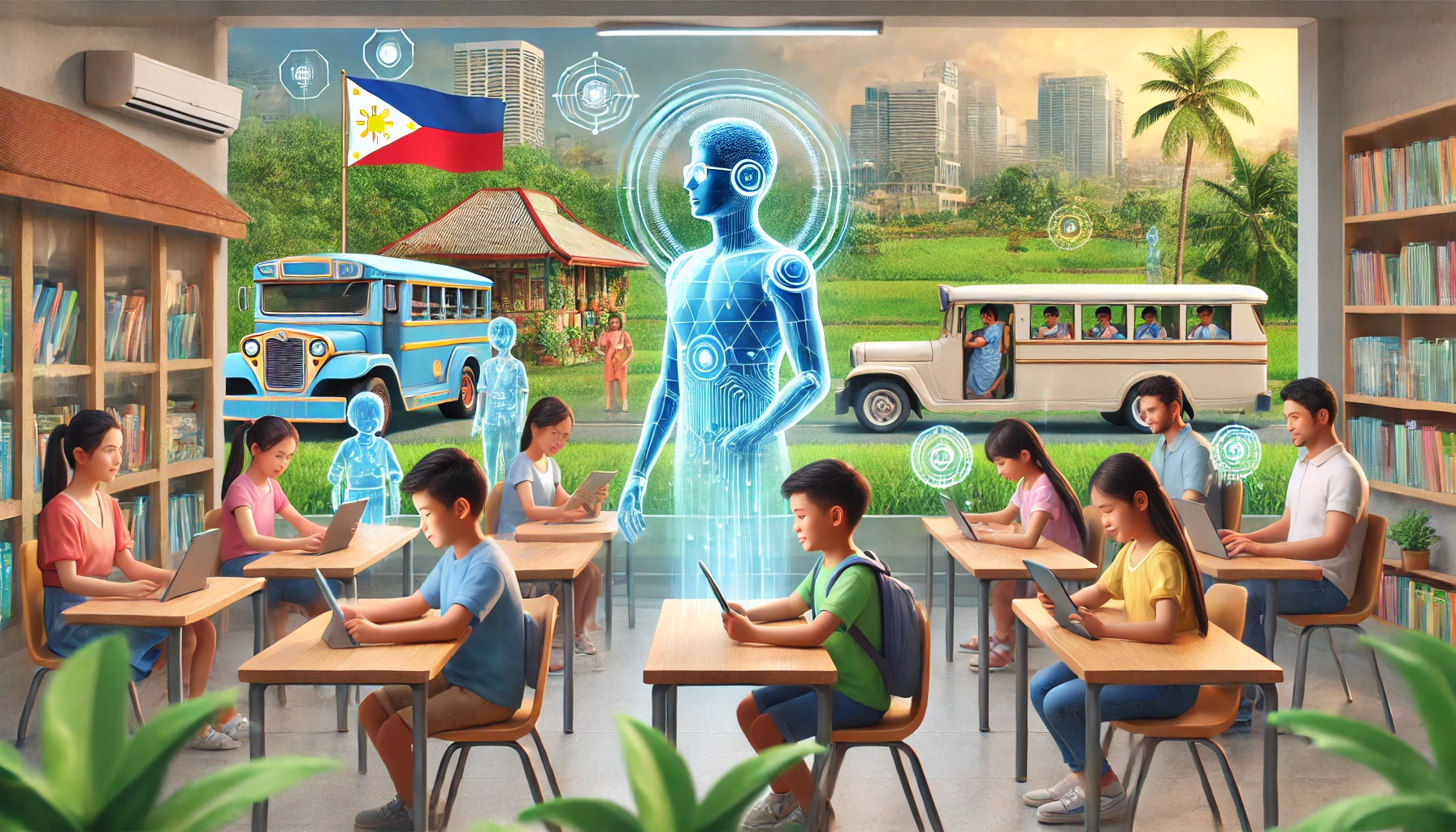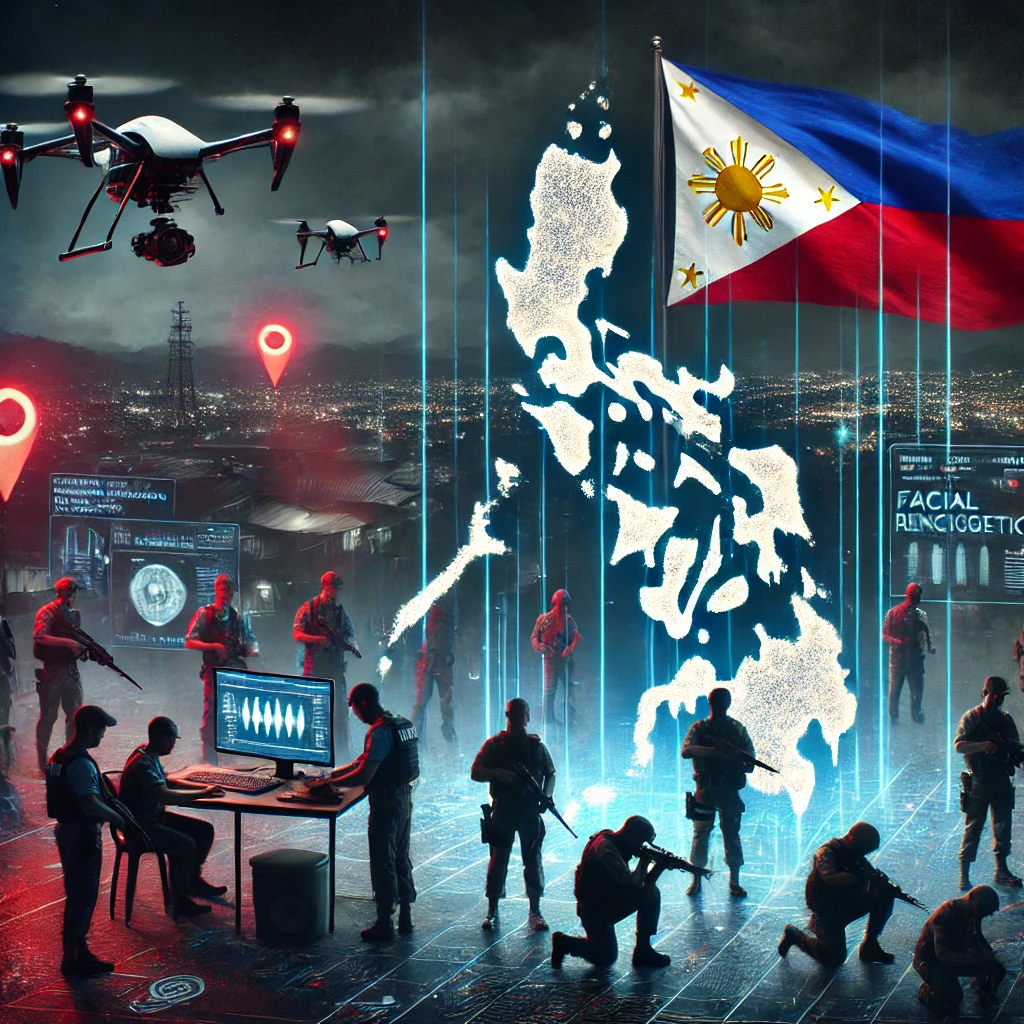Corruption remains one of the most pressing issues in the Philippines, hampering economic growth, eroding trust in public institutions, and perpetuating poverty. However, advancements in Artificial Intelligence (AI) present an innovative opportunity to tackle this deep-rooted problem. By leveraging AI, the government and private sector can introduce transformative solutions that ensure transparency, accountability, and efficiency in governance.
Understanding Corruption in the Philippines
Corruption manifests in various forms: bribery, nepotism, embezzlement, and regulatory capture. Despite numerous efforts, the lack of transparency in processes, weak enforcement mechanisms, and complex bureaucracies often hinder meaningful change.
AI offers tools that can enhance oversight, detect anomalies, and improve decision-making, creating a system less prone to manipulation. Below are some ways AI can support the fight against corruption in the Philippines.
AI Solutions to Combat Corruption
1. Automating Public Procurement Transparency
AI-powered platforms can analyze and monitor public procurement data, flagging unusual bidding patterns or contract awards that indicate potential corruption.
- Example: Machine learning models can detect when bids are consistently awarded to the same companies or when prices are suspiciously inflated.
- Impact: By automating oversight, the government can save billions and foster public trust in how funds are used.
2. Digital Forensics for Financial Tracking
AI tools like Natural Language Processing (NLP) and predictive analytics can uncover money laundering and fraud by analyzing financial records.
- Example: AI systems can cross-check transaction data against known patterns of illicit activity, alerting regulators before funds are siphoned off.
- Impact: These insights enable faster investigation and prosecution of corrupt officials.
3. Enhancing Whistleblower Protection
AI chatbots and secure communication systems can provide safe, anonymous platforms for whistleblowers to report corruption.
- Example: AI can route reports to relevant agencies without exposing the identity of whistleblowers, minimizing retaliation risks.
- Impact: Encouraging whistleblowers creates a culture of accountability and exposes corruption from within.
4. AI in Tax Fraud Detection
Tax evasion is a significant source of lost revenue. AI can analyze taxpayer data, detect inconsistencies, and highlight anomalies in tax filings.
- Example: AI can spot undeclared income, unusual deductions, or discrepancies in financial declarations.
- Impact: By improving tax collection, the government gains more resources to fund public services.
5. Real-Time Monitoring of Public Services
AI-driven systems can monitor the delivery of public services like healthcare and infrastructure projects.
- Example: AI-powered drones can monitor infrastructure development to ensure compliance with project specifications and timelines.
- Impact: By tracking progress, the government ensures that funds are used efficiently and as intended.
Challenges and Mitigation
While AI has immense potential, its implementation comes with challenges, including:
- Data Privacy Concerns: The government must ensure the protection of sensitive information.
- Bias in Algorithms: AI systems must be trained on diverse datasets to avoid perpetuating biases.
- Resistance to Change: Cultural shifts are required to integrate AI into anti-corruption efforts effectively.
To address these, the government can:
- Adopt ethical AI frameworks.
- Engage with the private sector and academic institutions for AI expertise.
- Conduct public awareness campaigns to foster trust in AI systems.
A Call for Action
AI is not a silver bullet, but it is a powerful tool that can complement ongoing anti-corruption efforts. By incorporating AI into governance, the Philippines has a unique opportunity to lead by example in the fight against corruption.
For meaningful impact, it is crucial to invest in AI infrastructure, build partnerships with tech leaders, and create policies promoting ethical AI use. Together, these efforts can create a more transparent, accountable, and just society.
“I, Evert-Jan Wagenaar, resident of the Philippines, have a warm heart for the country. The same applies to Artificial Intelligence (AI). I have extensive knowledge and the necessary skills to make the combination a great success. I offer myself as an external advisor to the government of the Philippines. Please contact me using the Contact form or email me directly at evert.wagenaar@gmail.com!”
[SEO optimized]


